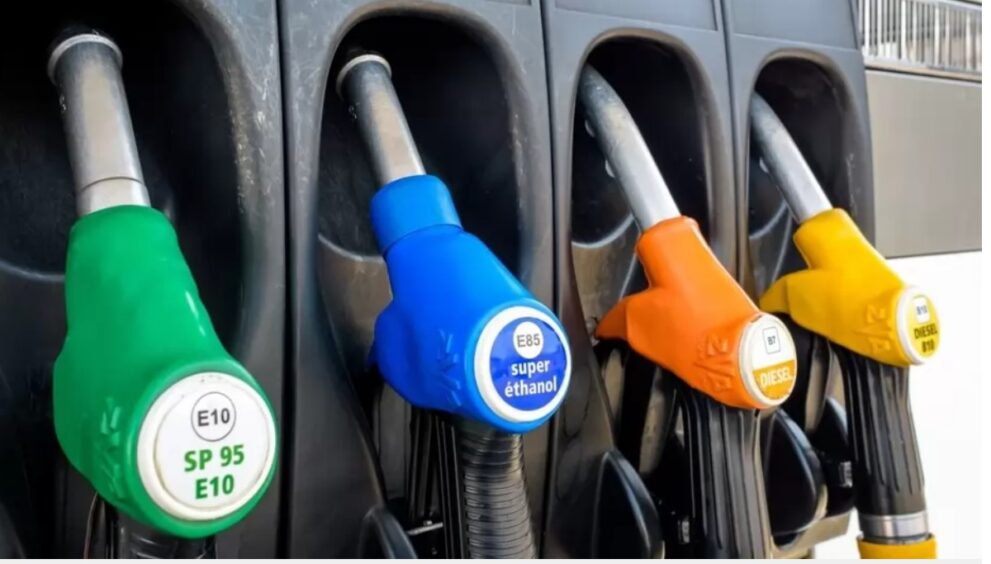India’s Ethanol Market Poised For Significant Growth

The Indian government’s determined push for ethanol blending in petrol is proving to be transformative even as the nation races to meet its net-zero goals. As a renewable fuel derived from various plant materials collectively called ‘biomass,’ is driving this growth
The ethanol market in India has grown significantly and in 2023 it was estimated to be worth USD 6,512.27 million. With a strong Compound Annual Growth Rate (CAGR) of 8.84 per cent predicted for the projection period, the market might rise to USD 10,456.98 million by 2029.
The primary cause of this growth is the increasing demand for ethanol, a biomass-derived renewable fuel with a lower carbon intensity than conventional fuels. Ethanol output has been greatly increased by the Indian government’s concentrated efforts on ethanol blending with petrol under the Ethanol Blended Petrol (EBP) programme, which first began in 2003. By 2025, the government wants petrol to include 20 per cent ethanol.
Mahindra Susten’s renewable energy portfolio receives a positive score of 15 on the Water Footprint Index, meaning that recharged water is 15 times more than consumption, according to TUV India’s study. This accomplishment highlights the business’s dedication to sustainability and is consistent with the Mahindra Group’s larger objective of becoming planet-positive by 2040.
Mahindra Susten has adopted a three-step technique in response to the solar industry’s customarily water-intensive nature. This entails using cutting-edge dry-cleaning robots to remove the need for water for module cleaning, cutting down on water use through inventive technology and putting into practice sustainable methods like groundwater recharging systems.
The growing demand for biofuels worldwide, government regulations that encourage ethanol production and use and the car industry’s move towards cleaner fuels are the main factors driving the ethanol market. India’s focus on sustainable development is in line with the increasing worldwide consciousness on the shift towards more environmentally friendly energy sources.
The expansion of the ethanol market is largely attributed to government measures to promote Flexible Fuel Vehicles, which can run on different blends of ethanol and petrol. These initiatives are complemented by subsidies and incentives. The need for ethanol is increased by the automotive industry’s shift to lower carbon emissions since it has been shown to have the ability to increase fuel economy and decrease pollution.
However, issues including consumers’ and businesses’ ignorance of and lack of knowledge of ethanol, as well as changes in feedstock availability and cost, could obstruct market expansion. India has aggressively increased its capacity to produce ethanol in spite of these obstacles and both domestic and foreign businesses are investing heavily in the country.
The capacity to produce ethanol is predicted to reach 12,440 million litres by December 2023, with the addition of about 470 million litres from new plants. The industry’s exploration of non-food feedstocks for ethanol production highlights the market’s potential and highlights the shift towards green fuels as a means of reducing air pollution and greenhouse gas emissions.





















































































































































































































































































































































































































































































































































































































































































































































































































































